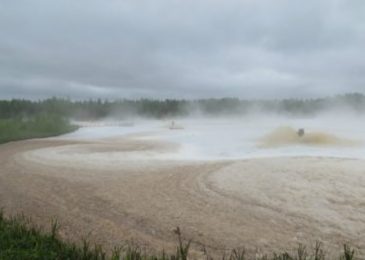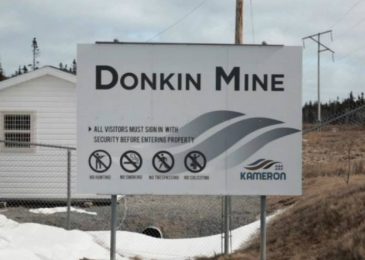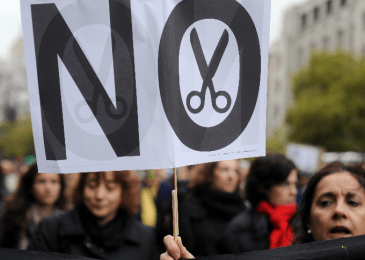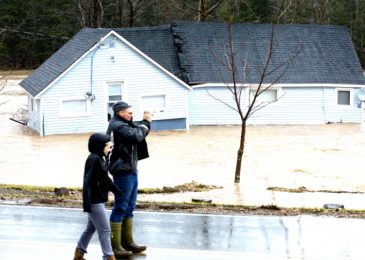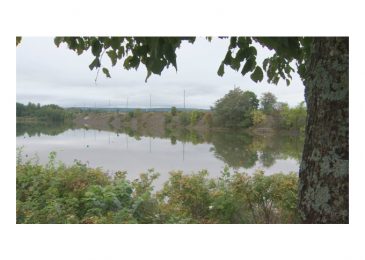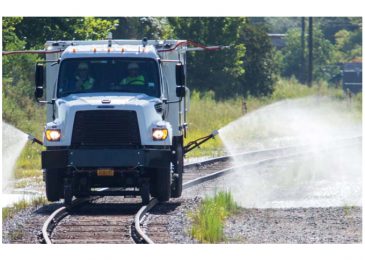The power–politics of pulp and paper: Health, environment and work in Pictou County
This article by historian Lachlan MacKinnon was originally published on September 18, 2014 on the excellent ActiveHistory.ca site. We re-publish this now three-year old article because the gap between mill workers and Pictou County environmentalists the author identifies if anything has widened in the last three years. “Environmentalists must confront the fact that structural power is also wielded against other marginalized groups, such as industrial workers facing the threat of deindustrialization. In this recognition, we can hope to transcend narrow categories such as worker and environmentalist and achieve a broader-based support for systemic change.”

